Type 2 diabetes is a chronic condition that occurs when blood sugar levels are too high for the body. More than 38 million Americans are affected by diabetes, with a one in ten chance of having type 2 diabetes. While type 2 diabetes typically develops in those aged 45 and older, researchers are seeing more children, teens, and young adults developing it early on.
Genetic factors largely contribute to the development of type 2 diabetes. However, risk can be mitigated with lifestyle changes, healthy habits, and a proper diet. By understanding your risk factors and taking care of your health, you can significantly reduce your chances of developing type 2 diabetes.
Understanding Risk Factors for Type 2 Diabetes
Several factors can increase your risk of developing type 2 diabetes. In many cases, these factors or a combination of these factors can contribute to the development of type 2 diabetes:
Family history: If you have a close relative, such as a sibling, parent, or grandparent with diabetes, the risk of developing type 2 diabetes is heightened. When doctors screen for diabetes, they will typically explore your family history to determine risk factors.
Obesity: Excess body fat can interfere with insulin function and prevent the body from properly breaking down nutrients and sugars.
Physical inactivity: Regular exercise helps to maintain a healthy weight and improves insulin sensitivity. Since obesity interferes with insulin function, physical inactivity prevents the accumulation of excess weight.
Age and race: The risk for type 2 diabetes not only increases with age, but it can also increase based on your race. Certain ethnicities, such as African Americans, Hispanic Americans, and Asian Americans, are much more likely to develop type 2 diabetes.
The Power of Healthy Eating
Maintaining a balanced and healthy diet is a fundamental step in preventing type 2 diabetes. Prioritizing main food groups and macronutrients is crucial to ensuring that you have all the nutrients required for your body to thrive. Whole grains, lean proteins, healthy fats, and fruit and vegetables are beneficial to regulating your blood sugar and facilitating healthy bodily function across all levels.
Processed foods, sugary drinks, and excessive amounts of saturated and unhealthy fats are significant contributors to the development of type 2 diabetes. Consuming too much soda, candy, or fried foods can increase your risk and threaten your overall health. By maintaining your portions and implementing healthy eating habits, the risk of diabetes can be minimized.
Exercise and Weight Management
Engaging in regular physical activity is crucial for preventing type 2 diabetes. Physical activity such as cardio and strength training can help strengthen and build muscles while helping regulate blood sugar. Aim for at least 150 minutes of moderate or 75 minutes of vigorous-intensity exercise per week. Finding exercises you enjoy, such as dancing, swimming, or hiking, is a great way to ensure you can keep up with your exercise regimen and form healthy habits. Remember to listen to your body and incorporate warm-ups, cool-downs, and rest periods during exercise.
In tandem with physical activity, maintaining a healthy weight is crucial to minimizing the risk of developing type 1 diabetes. Taking the first steps toward weight loss and losing modest weight can significantly decrease your risk. Setting realistic goals for yourself, finding support groups, and monitoring your progress are all important factors to consider when focusing on weight loss.
Managing Stress
Chronic stress can also contribute to insulin resistance. Practicing relaxation techniques and minimizing stress can help minimize the risk of developing diabetes. Incorporating meditation, deep breathing, and yoga into your daily schedule can help you focus your mind and reduce stress. Stress management can also help reduce cortisol levels and assist with weight loss.
Aside from mental stress, minimizing your body’s physical stress can also help to reduce risk. Getting adequate sleep and preventing overexertion during exercise reduce your body’s overall stress and allow your body to recover and re-energize properly.
Monitoring Your Blood Sugar Levels
While not always necessary for the prevention of type 2 diabetes, monitoring your blood sugar can help identify potential issues early. Using over-the-counter meters or finger prick tests can determine your blood sugar levels and provide guidance on what steps to take to minimize them.
Finding balance in your blood sugar levels is vital to a healthy lifestyle. Being mindful of your everyday lifestyle choices can make all the difference in reducing your risk of type 2 diabetes and contribute to developing healthy habits.
Seeking Professional Guidance
High blood sugar, also known as hyperglycemia, can cause a variety of gradually increasing symptoms, such as frequent urination, increased thirst, blurred vision, or lightheadedness. If you are experiencing any of these symptoms or are at risk of developing diabetes. In that case, you must visit your doctor regularly to ensure that you maintain healthy blood sugar levels and manage your health adequately.
Healthcare professionals and doctors can offer personalized advice and support for preventing type 2 diabetes and provide suggestions for implementing new lifestyle changes.
The Role of Supplements in Type 2 Diabetes Prevention
While many supplements exist to support blood sugar control, they are not a replacement for healthy lifestyle changes. Before starting any new supplement, consult your doctor for recommendations on how to incorporate supplements into your diet. Proprietary blends for blood sugar control usually include one or more of the following ingredients:
Magnesium: An essential component of insulin production, magnesium helps regulate blood sugar levels, promote healthy blood pressure, and calm muscles and nerves, including the heart.
Cinnamon: Studies have shown that it can help reduce blood sugar levels and regulate them to optimal levels by up to 24%.
Vitamin D: Some studies have shown a link between low vitamin D levels and the risk of type 2 diabetes. Increasing vitamin D intake not only helps prevent diabetes but also reduces risk through stress minimization.
Manage Your Blood Sugar With Type 2 Defense by PhytAge Labs
Type 2 diabetes is a common condition with high-risk factors. As one in ten Americans develops diabetes at some point in their life, it is important to make critical lifestyle changes that minimize the risk of type 2 diabetes. In tandem with healthy lifestyle choices such as proper nutrition and exercise, Type 2 Defense by PhytAge Laboratories can help promote healthy blood sugar levels, minimize blood sugar spikes after meals, and support healthy blood pressure. By utilizing a proprietary blend featuring magnesium, bitter melon, banaba, and gymneme sylvestre, PhytAge Laboratories offers an all-natural approach to managing blood sugar and preventing type 2 diabetes.
Don’t let high blood sugar take over your life — explore our product offerings today and learn more about how we can help you live on your terms.

 Cart
Cart









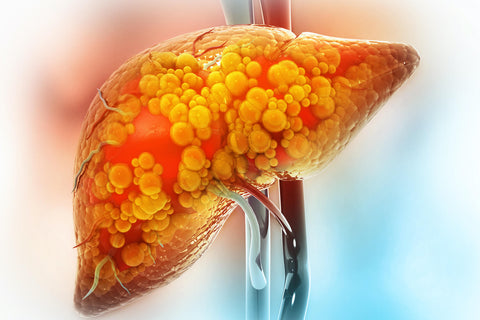




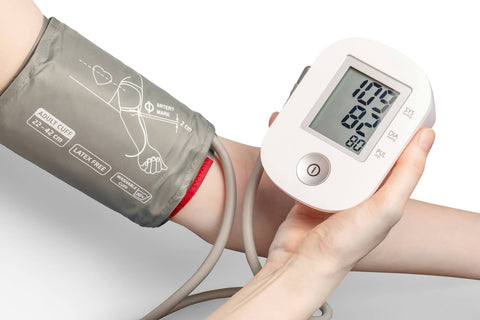






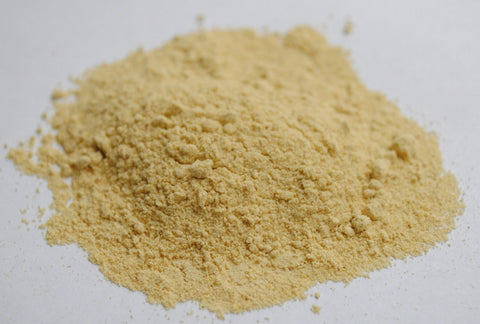
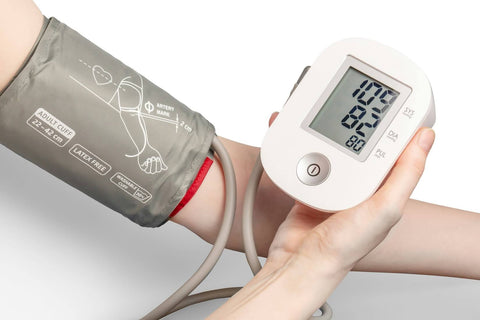





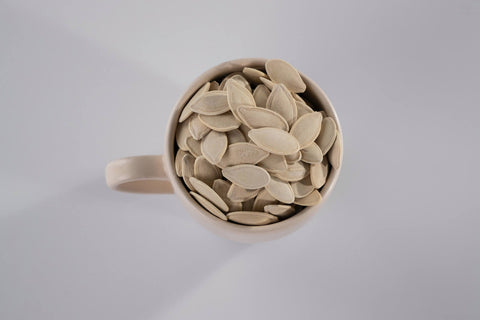






















 1-800-822-5753
1-800-822-5753
